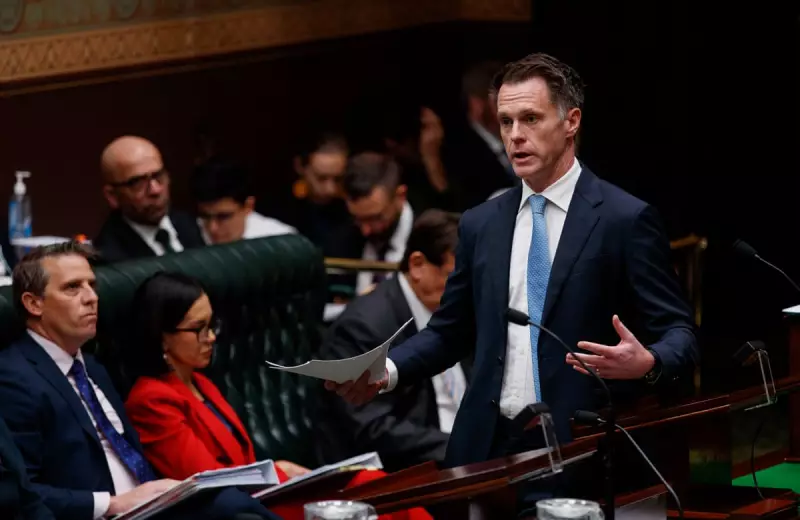
In a striking political reversal, New South Wales Premier Chris Minns has withdrawn his government's support for the controversial 'Right to Hunt' legislation proposed by the Shooters and Fishers Party. The sudden U-turn comes after significant public backlash and environmental concerns.
Mounting Pressure Forces Policy Reversal
The proposed bill, which would have expanded hunting rights across NSW, faced fierce opposition from environmental groups, animal welfare advocates, and surprising criticism from within Minns's own political base. The Premier acknowledged the overwhelming public response as the primary reason for his change of position.
'The government has heard the community's concerns loud and clear,' a spokesperson for the Premier stated. 'After careful consideration, we cannot support legislation that poses potential risks to environmental conservation and public safety.'
Shooters Party Left Stranded
The backtrack leaves the Shooters and Fishers Party without crucial government backing for their signature legislation. The party had negotiated the bill as part of their broader political agenda, making this reversal a significant blow to their parliamentary influence.
Party representatives expressed disappointment, claiming the legislation aimed to regulate and manage hunting practices rather than expand them recklessly. However, conservation groups argued the bill would have endangered protected species and compromised national park management.
Political Fallout and Next Steps
This dramatic policy shift raises questions about the stability of political agreements in the NSW parliament. The Premier's office emphasized that while they respect their parliamentary partners, community welfare must take precedence over political deals.
Environmental organizations have welcomed the decision, calling it 'a victory for common sense and conservation'. The government now faces the challenge of balancing rural community interests with environmental protection in future policy decisions.
The withdrawn support effectively kills the bill's chances of passing in its current form, marking a significant victory for environmental activists and setting a precedent for community-led policy influence in NSW.





